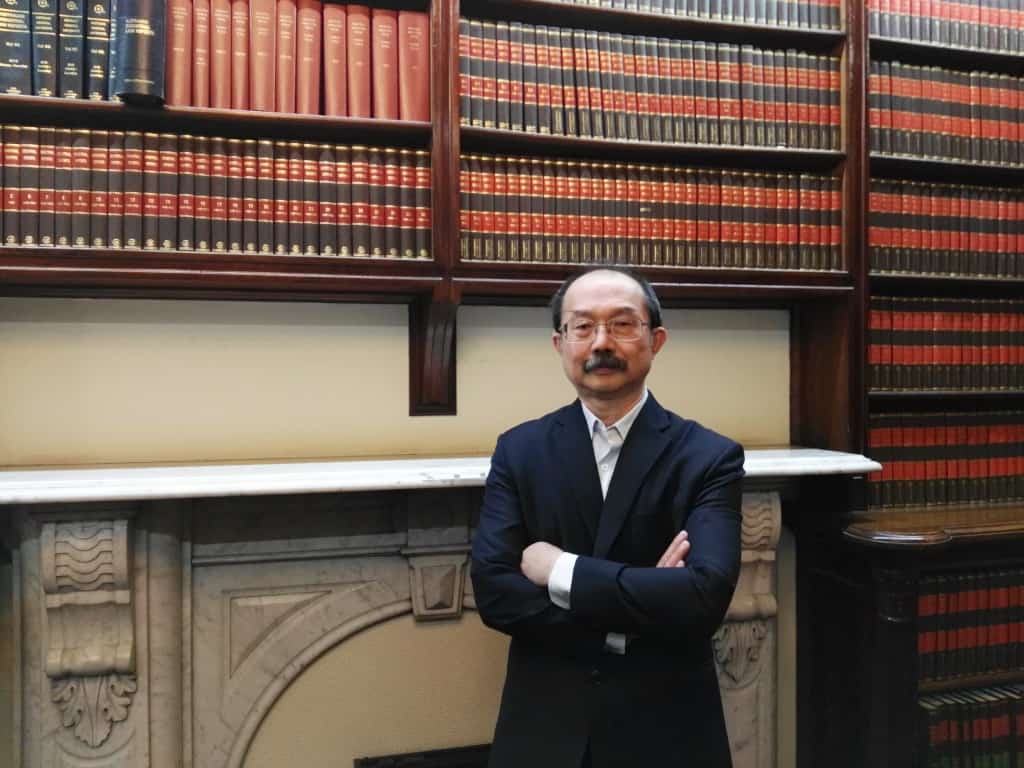
Visa refused because of migration agent fraud or mistake – what can I do?
In Australia, a person who uses, or purports to use, knowledge of, or experience in, migration procedure to assist a visa applicant by preparing, or helping to prep, a visa application. This process is called ‘immigration assistance’ (section 276). The only people who can provide immigration assistance are registered migration agent or qualified lawyer (section 280). A registered migration agent must be a fit and proper person having knowledge of migration procedure (section 290(2)(a)). They must conduct themselves in accordance with a Code of Conduct. Visa applicants are entitled to expect that a registered migration agent to whom they pay the appropriate fee will perform his or her duties as a migration agent in accordance with the Migration Act 1958, and the Code of Conduct (click here to learn more about using a registered migration agent or a migration lawyer).
If your visa refused because of migration agent, you may claim, depending on the circumstances, that you have never applied for that visa.
In the case of Katragadda v Minister for Immigration, Citizenship, Migrant Services and Multicultural Affairs [2020] FCAFC 143. Katragadda first arrived in Australia in 2008 where he completed a course in automotive engineering in 2011. He saw a flyer from S & S Migration that stated:
ATTENTION INTERNATIONAL STUDENTS!
SECURE YOUR FUTURE! WE ARE HERE TO ASSIST!
DON’T WANT TO STUDY!! DON’T HAVE 6 EACH IN IELTS!!
APPLY FOR WORK PERMIT FOR UP TO 4 YEARS AND WORK FULL TIME**
Katragadda went to S & S Migration office to meet with a Mr Ajjan who was a migration agent. He claimed that he paid S & S Migration $3,068.75 and an application for a Temporary Graduate Subclass 485 visa (click here to learn more about this visa) was lodged in Katragadda’s name. Katragadda claimed that:
- He did not sign the online application
- The application did not reveal that S & S Migration had completed the form, nor he appointed them to act for him
- The form appears that he had completed the form
- The form gave his email contact, not that of S & S Migration
- The application form stated that he has applied for a skills assessment
- The application form stated that his nominated occupation of “Automotive Electrician”
The Department refused his Subclass 485 application on 20 April 2012 on the basis that Katragadda had provided information that was false misleading (S & S Migration had provided a bogus or fake skills assessment for his application) or failing to satisfy PIC 4020.
On 9 May 2012, Katragadda applied to the then MRT for review on the basis that he was a victim of the fraud of S & S Migration, therefore he should not be found to have failed to satisfy PIC 4020, or the Tribunal should find that there were exceptional circumstances to waive PIC 4020. However, on 12 June 2014 the Tribunal affirmed the decision.
On 30 June 2014, Katragadda applied to the FCC which was dismissed on 11 September 2015. However, on 31 July 2017 the FCC’s order was set aside by the FCA and his application was returned to the FCC for further hearing.
On 19 March 2019, Katragadda attended the FCC hearing together with his barrister. He claimed that:
- S & S Migration wrongly and fraudulently advised him that he was eligible for the grant of a Subclass 485 visa
- S & S Migration applied for the Subclass 485 in his name
- The bogus or fake skills assessment result was submitted by S & S Migration
In Katragadda’s case, the FCC has to consider:
- whether or not the conduct of S & S Migration constituted a fraud on him; and if so,
- how, if at all, any fraud stultified (that is, make useless) a statutory process under the Migration Act.
You should be aware that there will be no fraud if you authorised or countenanced (or support) the fraud. And you must not be “indifferent” (that is, don’t care) to your migration agent’s conduct with regard to your visa application.
Visa refused because of migration agent’s fraud will depend on, for e.g.:
- number of times you visited or consulted with your migration agent
- what documents you provided to your migration agent and when
- when was the fee paid and whether it was 1 lump sum or by instalments
- when did your migration agent provided you with the Department’s reference number for your visa application
What is ‘indifferent”?
In Katragadda’s case, he provided limited information to S & S Migration for the Subclass 485 visa application, he was blithe (happy) for S & S Migration to apply for a Subclass 485 for him and he made no inquiries about the application for 12 months.
FCC concluded that Katragadda:
- gave S & S Migration general authority to act as his migration agent and to make the Subclass 485 visa application;
- he was indifferent as to whether or not S & S Migration acted unlawfully or dishonestly to obtain the grant for a Subclass 485 visa for him; and
- the conduct of S & S Migration did not constitute a fraud on him.
Test for “indifferent”
Whether you are indifferent to your migration agent’s conduct requires a consideration of whether you held the requisite mental state of reckless indifference to the fraudulent conduct of your migration agent (Kaur v MIBP [2019] FCAFC 53; 269 FCR 464).
In order to determine your state of mind, the Court will determine:
- how often you meet with your migration agent
- how much information or documents you provided to your migration agent
- whether you sign any documents
- whether you know of the information required for your visa application
- whether you follow up on the progress of your visa application
- whether you contacted the Department regarding your visa application
Third party or migration agent fraud
Visa refused because of migration agent’s fraud, the High Court in SZFDE v MIMA [2007] HCA 35; 232 CLR 189 made clear that the ultimate issue in cases such as this is the effect of the third party fraud on the administrative decision making process.
You should be aware that the law accepted that a visa application may itself be rendered invalid by reason of the fraudulent conduct of a third party migration agent if the agent’s conduct is a fraud on you and stultify 1 or more aspects of the visa application process (see for e.g., Gil v MIBP [2016] FCAAC 142; 248 FCR 398; Singh v MIBP [2016] FCAFC 141; 247 FCR 554).
Court said in Kaur (at [136] – [140]) that the requisite state of mind for “reckless indifference” is close to intention or at least, it is a state of mind where the indifference or wilful blindness to the truth of what is being said or done (intentionally fraudulent act or deliberately false or dishonest). Helplessness, or a sense of helplessness, is not the same as reckless indifference. Fear of authority is not the same as reckless indifference or naivety or ignorance or without due care.
Dependence or reliance on your migration agent is also not the same as reckless indifference.
There is a difference between retaining the assistance of a migration agent, giving your general authority to that agent to do whatever is lawful and proper to achieve your visa outcome, and you placing your visa application in the hands of your migration agent and being indifferent to whatever the migration agent uses lawful or unlawful means to achieve the visa for you.
In order to “win” visa refused because of migration agent fraud, you must prove that you have been the innocent victim of such fraud (Marharjan v MIBP [2017] FCAFC 213; 258 FCR at [78]). You are not complicit in the fraud or “indifferent” to it.
What this mean is, you are required to prove that you were not “involved in” the fraud or was not “complicit” in it. You will need to prove that you had no actual knowledge of the fraud and you were not recklessly indifferent to it (you don’t care whether the migration agent use dishonestly or false means to obtain a visa for you).
Australian migration law is complex and difficult to understand, contact our immigration lawyer for a consultation (fee applies) to help you determine if there is anything you can do for visa refused because of migration agent fraud or mistake.

 041 222 4020 or WeChat: AUDvisa
041 222 4020 or WeChat: AUDvisa
This article is not intended to be or taken as migration legal advice. The author of this article disclaims any liability for any action or omission on the information provided or not provided in this article. You should always consult an immigration lawyer or a registered migration agent to form an informed opinion on your immigration matter.



